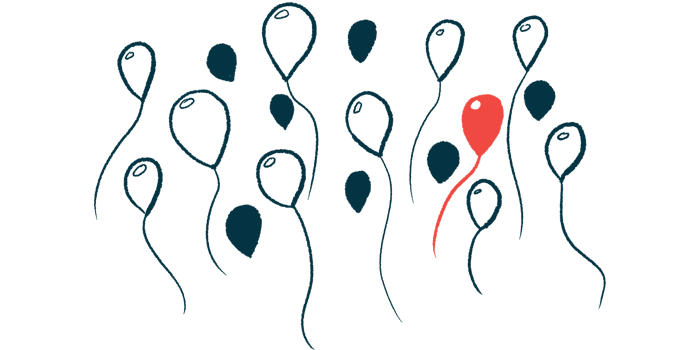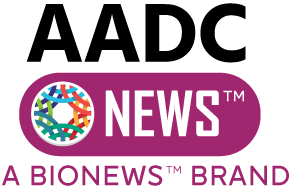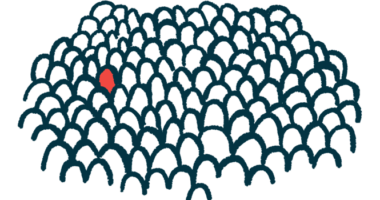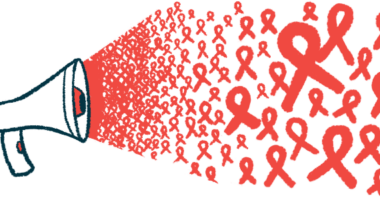Know Family Medical History, AADC, Rare Patients Urged in Drive
Global Genes, Diversity Coalition seek equitable care for underserved patients

Global Genes and the Rare Disease Diversity Coalition (RDDC) have launched Know Your Family History, an initiative to raise awareness of the importance of learning about the health and medical histories of one’s relatives.
The project’s aim is to create a path toward more equitable care for underserved populations within the rare disease community — including those with aromatic l-amino acid decarboxylase (AADC) deficiency.
“Know that your family’s health history can help your doctor take better care of you, even if you are healthy right now,” Global Gene’s project website states. “After looking at your family history, your doctor can find out if a disease runs in your family so they can watch for signs or test you and your family members before it becomes a problem… and also start treatment earlier to help you.”
The launch kicks off a campaign that encourages conversations with family members. The campaign shares tips on how to start a conversation and questions to ask — and answers why learning about one’s family medical history is important. The tips are both in English and Spanish.
“This initiative offers solutions that can fill gaps in the personal medical histories of those living with or affected by rare diseases,” Deanna Darlington, interim executive director of RDDC, said in a press release.
A path toward health equity
Knowing a family’s medical history may offer its members clues to a disease that may have affected other relatives. This gives people the opportunity to learn more about their own personal risk of having the disease.
Family members can watch closely for signs of the disease or get tested before symptoms develop. With a diagnosis in hand, they also can receive access to better care and start treatment earlier.
“Our initiative expedites the diagnostic odyssey, educates and arms the individual with information needed moving forward in their care and treatment,” Darlington said.
The information drive is part of a broader partnership that came together to advance health equity for people with a rare disease who come from underrepresented populations.
“Healthcare has historically underserved and underprovided for marginalized and minoritized communities,” said Darlington, who is also president of Links2Equity, a patient advocacy consulting firm.
Health inequity arises from the lack of access to appropriate care and the failure to address life stressors that influence health, called social determinants of health. These include the conditions in which people live, learn, work, and age. Achieving equity requires campaigns that work across these social determinants of health, advocates say.
It may take an average of five to seven years to be diagnosed with a rare disease, according to the two nonprofits. On top of this delay, cultural and other barriers can often prevent people from having access to and sharing important family medical history that might otherwise help doctors arrive at a quicker diagnosis.
This is why the initiative also includes resources about genetic testing and how a genetic counselor can answer questions, explain hard information, and help find ways to pay for the testing.
“Those diagnosed with a rare disease often face an uphill battle as it is,” said Craig Martin, CEO of Global Genes. “Factor in the historic inequities and extra hurdles faced by marginalized communities and it becomes near impossible. It’s our goal to provide as many resources as possible to ensure productive conversations with loved ones and caregivers.”







